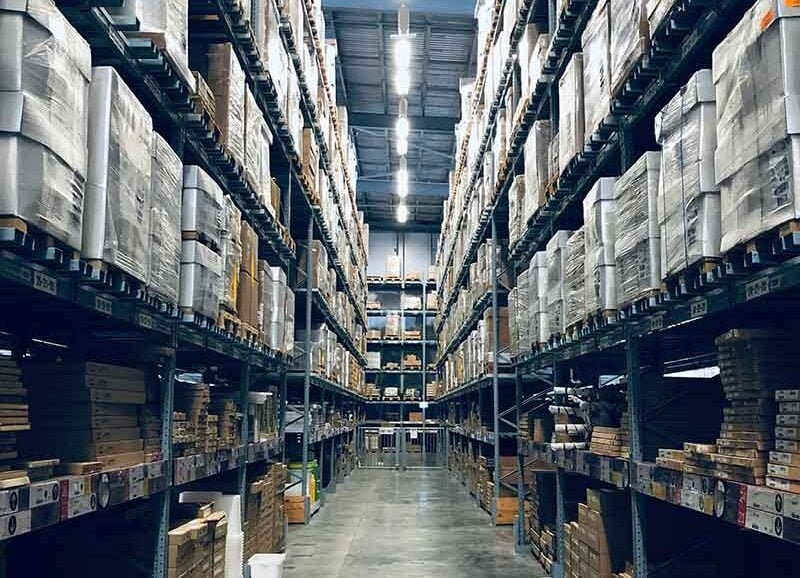Optimizing Supply Chains: Innovations in Philippine Logistics

Client
Our client, a major logistics company in the Philippines, has been striving to optimize its supply chain operations to enhance efficiency and meet the growing demands of the market. The company provides a wide range of logistics services, including transportation, warehousing, and distribution, serving various industries across the country.
Issues
The client encountered multiple challenges in their supply chain operations. These included inefficiencies in transportation and warehousing, high operational costs, and delays caused by inadequate infrastructure. Additionally, the logistics sector in the Philippines is heavily impacted by natural disasters, which disrupt supply chains and affect service reliability. There was also a need to integrate advanced technologies to streamline operations and improve real-time visibility.
Solution
To address these challenges, the logistics company implemented several innovative solutions. They invested in advanced logistics technologies, such as GPS tracking, automated warehousing systems, and data analytics tools, to enhance operational efficiency and transparency. The company optimized its transportation routes and schedules using sophisticated algorithms to reduce fuel consumption and delivery times. Partnerships with local and international firms were established to improve infrastructure and resilience against natural disasters. Additionally, the company launched training programs to upskill its workforce in using new technologies and best practices in logistics management.
Approach
Our consultancy supported the logistics company through a structured approach. We began with a detailed assessment of the existing supply chain processes to identify bottlenecks and inefficiencies. We then developed a strategic plan that included technology integration, process optimization, and infrastructure improvement. We provided on-site training and support to ensure effective implementation of new systems and practices. Finally, we established a robust monitoring and evaluation framework to track progress, measure impact, and make necessary adjustments.
Recommendations:
Based on our findings, we recommended several key actions for the logistics company. Continuously investing in cutting-edge technologies is crucial for maintaining a competitive edge. Expanding partnerships with technology providers and infrastructure developers can further enhance capabilities and resilience. We also suggested adopting a customer-centric approach to tailor logistics solutions to the specific needs of different industries. Regularly updating training programs for employees will ensure they are equipped to handle evolving logistics challenges. Lastly, developing comprehensive disaster preparedness plans will mitigate the impact of natural disasters on supply chain operations.
Engagement ROI
The implementation of these strategies yielded significant benefits for the logistics company. The adoption of advanced technologies resulted in more efficient and transparent supply chain operations, leading to reduced operational costs and faster delivery times. Optimized transportation routes and schedules decreased fuel consumption and environmental impact. Improved infrastructure and resilience against natural disasters enhanced service reliability and customer satisfaction. Training programs boosted employee productivity and adaptability. Overall, our engagement helped the logistics company achieve substantial improvements in supply chain efficiency and effectiveness, positioning it as a leader in the Philippine logistics sector. The success of these initiatives demonstrated the potential for innovation to drive significant enhancements in supply chain performance, contributing to the growth and competitiveness of the logistics industry in the Philippines.

